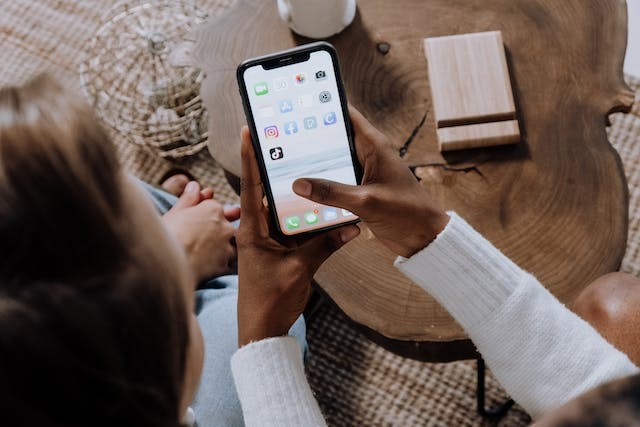
Why Some Posts Go Viral? Experts Explain Neuroscience Behind Sharing Information
Many individuals today are into social media, and several wonder how some influencers could make their posts viral. Experts spoke up and explained how people react and share some posts that make them trend.
Neuroscience Behind Viral Posts
Researchers at the University of Pennsylvania wanted to understand why some posts go viral. In a study, they examined how individuals react to posts to find the formula behind trending posts or explain the neuroscience of viral content.
Emily Falk, a professor of communication, psychology, and marketing at the university's Annenberg School for Communication, and Hang-Yee Chan, a lecturer at King's College London, worked together for the study. Per Falk, "Sharing is key for the reach and impact of ideas."
Their research aimed to determine the brain signals to predict which type of information is being shared. They previously studied the brain activity of 40 individuals to predict which articles from the New York Times would trend, and in the recent study, they replicated the same results in the United States and the Netherlands with a broader category.
For the research, 94 participants from the U.S. and Netherlands were asked to read a series of headlines and online summaries of articles published in the New York Times. The individuals were undergoing fMRI during the experiment to study their brain activity.
Falk and Chan noted "greater activation of regions that track self-relevance and social relevance." This means people are likely to share information when they can relate to what they were reading.
Chan, Falk, and their colleagues successfully constructed a value-based model to forecast the extent to which the articles would be disseminated online. The Dutch and American subjects showed a similar association between sharing and brain activity, indicating that this model is culturally valid.
Chan said the experiment helped them understand why people share information. He believed this knowledge could be used to share important news and stop the spread of misinformation.
ALSO READ: Dissociative Identity Disorder on TikTok Just an Imitation? Here's What the Expert Says
Viral TikTok Trend Examined
There are numerous viral videos on TikTok which received reactions from experts. For instance, the TikTok trend carrot tan claimed that eating three carrots daily could give one a natural tan. However, experts said consuming a few carrots would not deliver the tan one desires. Isabelle Lux, who has been doing the carrot tan, said it would take at least ten carrots daily to have the "orange glow."
The viral mouth-taping trend also became a discussion on TikTok. Some claim that mouth-taping is beneficial to those with bad breath. However, Shenuka Singh, a professor of dentistry at South Africa's University of KwaZulu-Natal, warned against it, noting that there's no evidence it could address halitosis.
The dental expert, instead, suggested turning to safe and scientifically proven intervention. According to Singh, poor dental hygiene, gum inflammation, periodontal disease, unhealthy eating habits, decaying teeth, broken restorations, and improper cleaning methods for implants, dentures, and other dental work contribute to foul breath, which should be addressed.
RELATED ARTICLE: How Do 7 to 9 Hours of Sleep Help Improve Mental Health?
Check out more news and information on Psychology in Science Times.



![Earth's Quasi-Moon Kamo‘oalewa Could Originate From Lunar Surface Not Asteroid Belt [Study]](https://1721181113.rsc.cdn77.org/data/thumbs/full/53275/89/56/50/40/earths-quasi-moon-kamo-oalewa-could-originate-from-lunar-surface-not-asteroid-belt-study.png)










